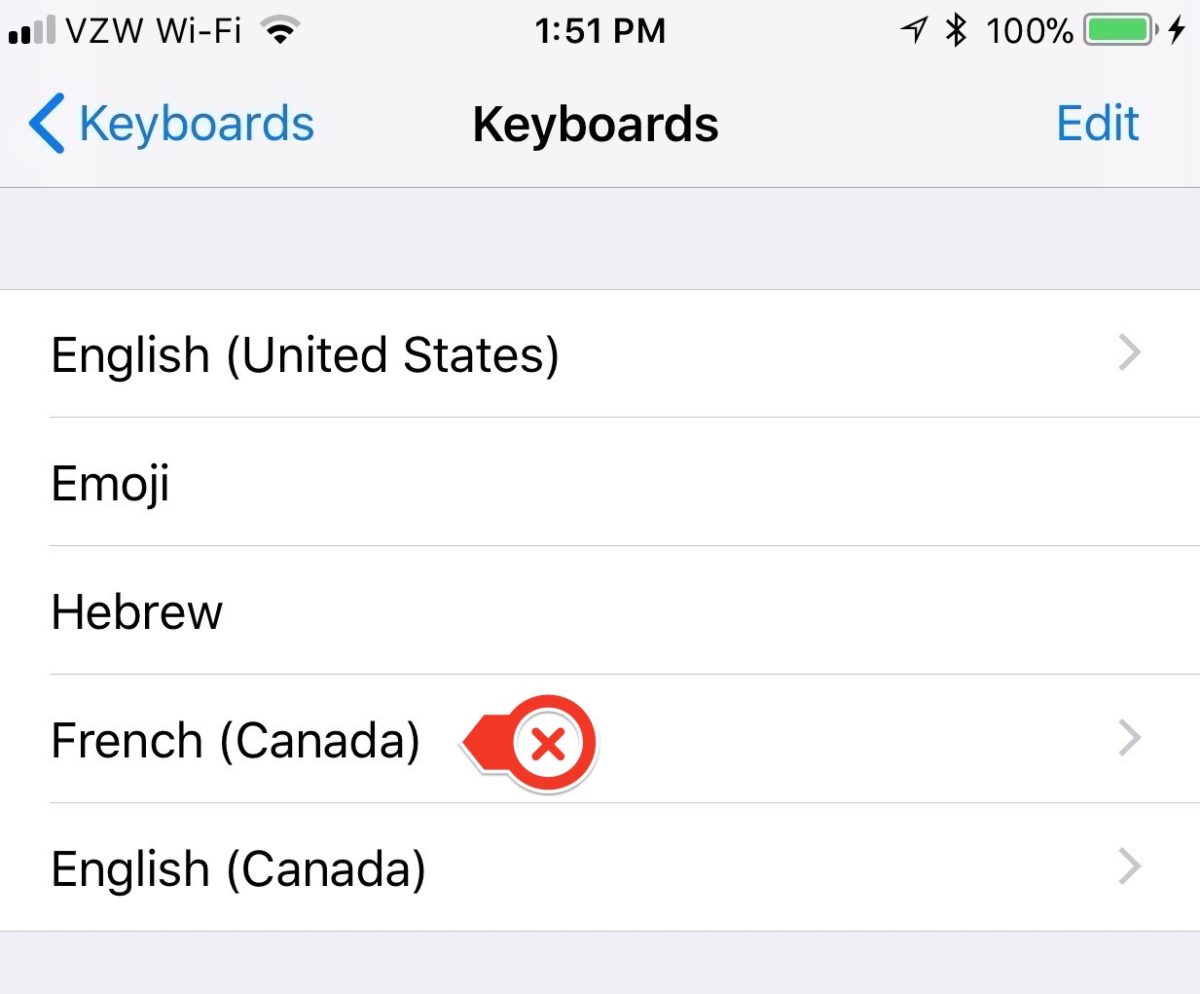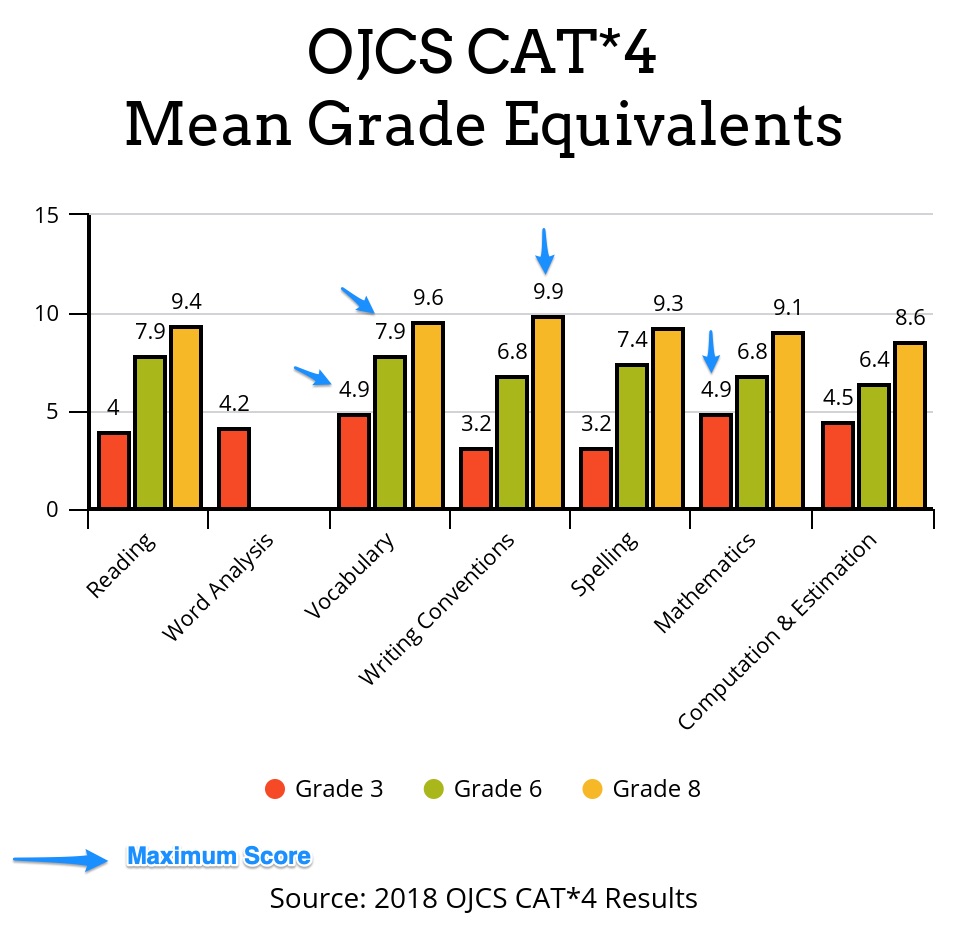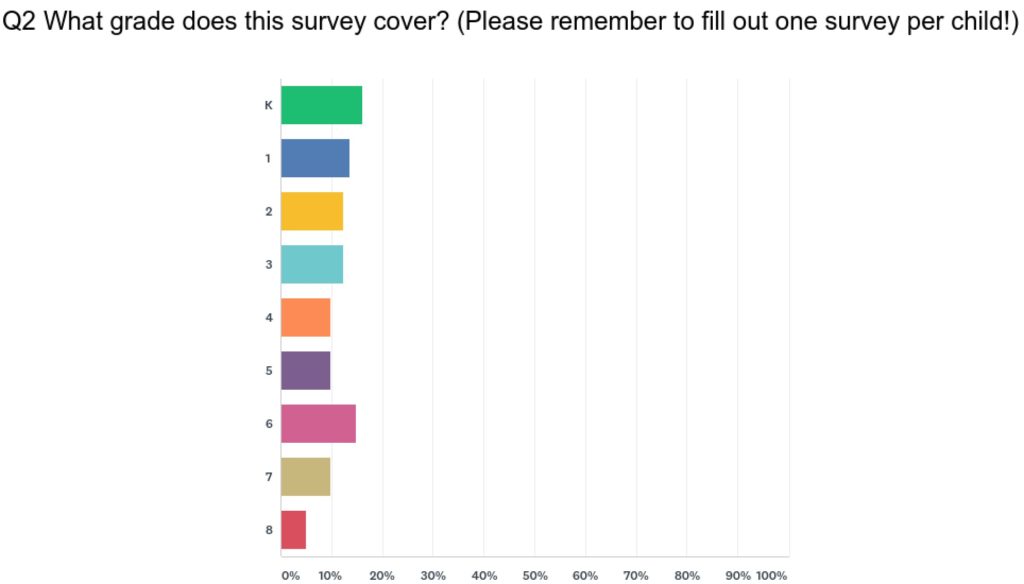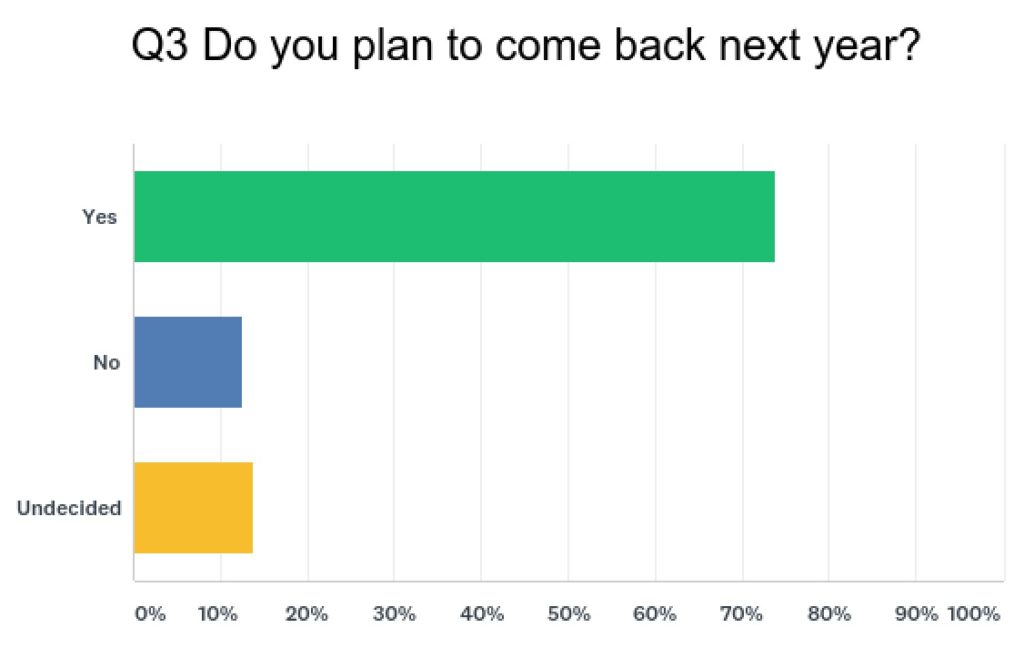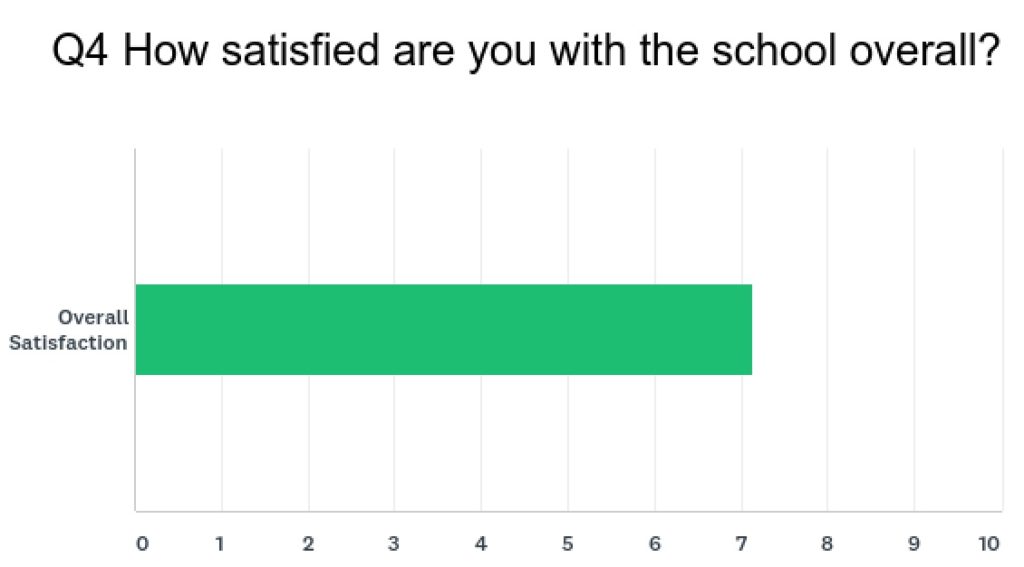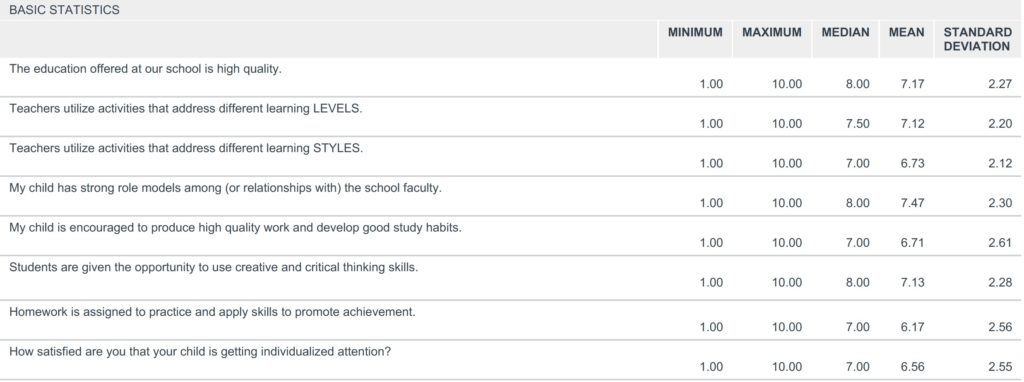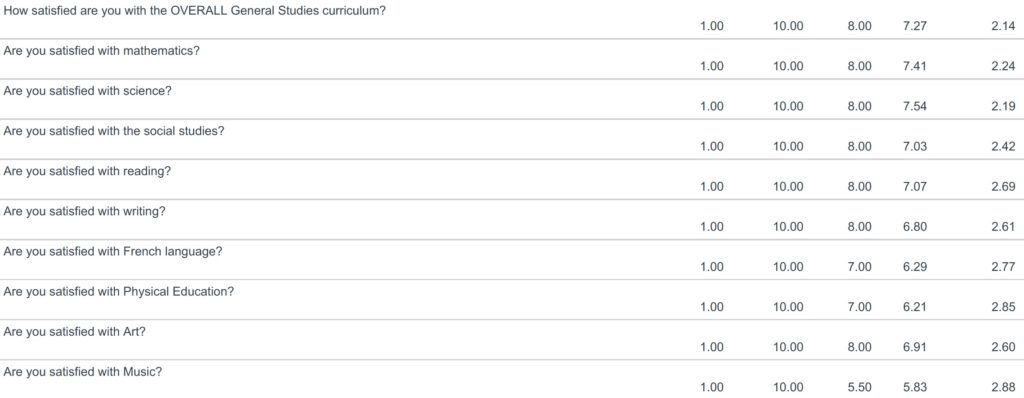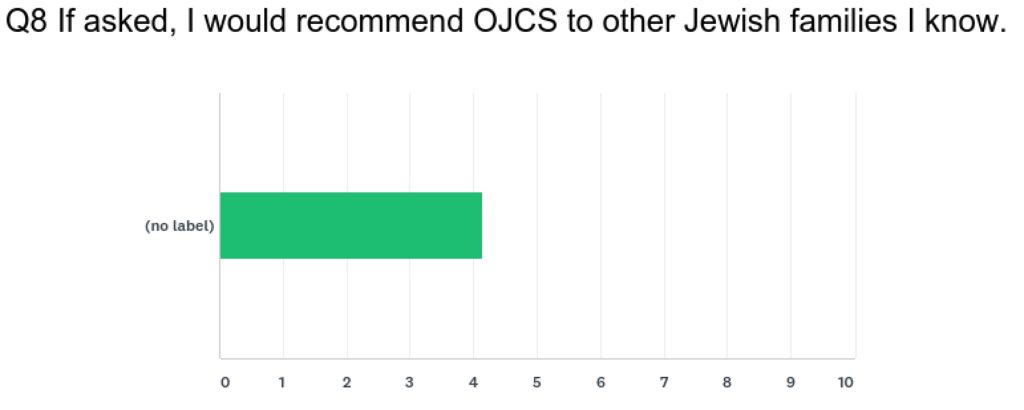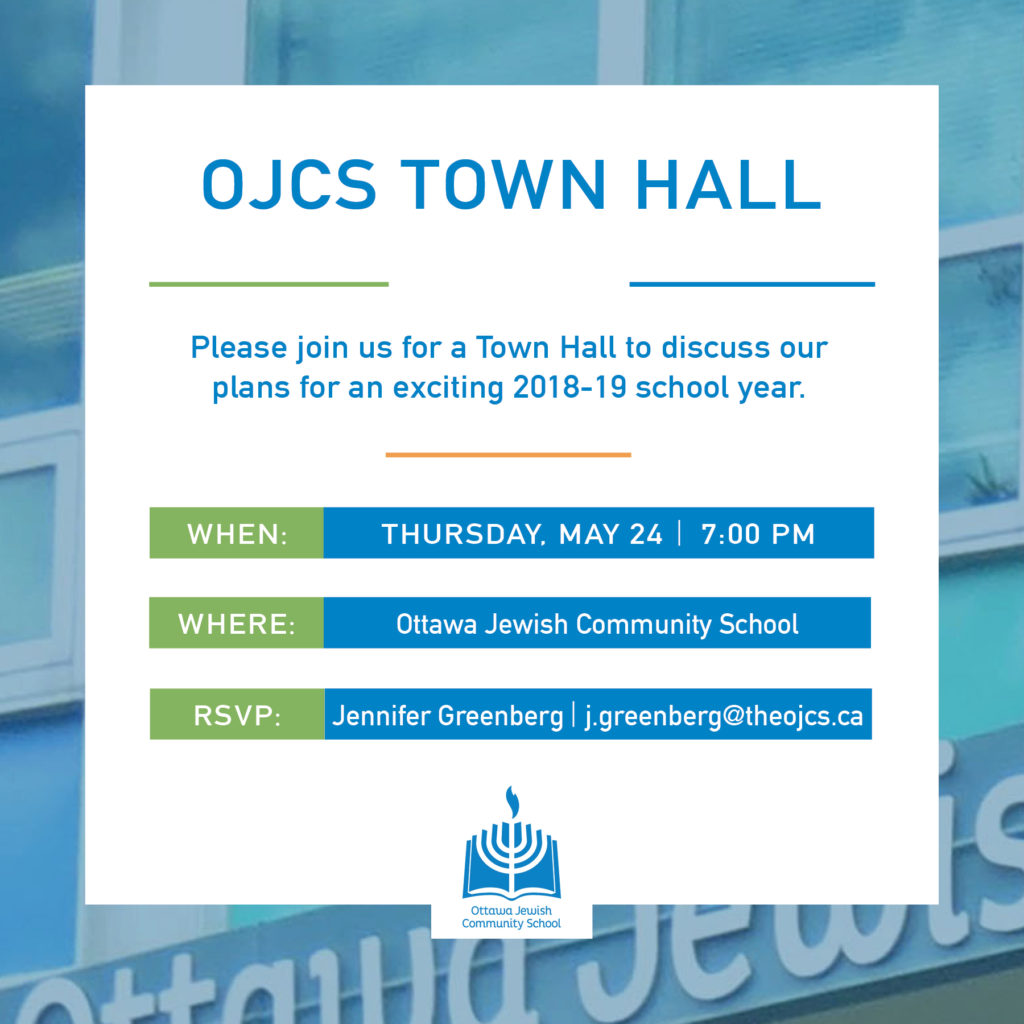In January, I blogged about what was then a pending conversation our faculty was going to have in order to revisit and realign our school’s homework philosophy with our “North Stars”. In that post, I suggested some likely ideas that I imagined would make their way in, based on all the work we have done these last two years making our beliefs about teaching and learning more explicit.
We created a “HW Task Force” consisting of both teachers and administrators. We surveyed parents, teachers and students to better understand what currently is and what each stakeholder group is looking for in the future. We examined current research. We met multiple times and then drafted a document for the full faculty to review and edit, which they have now done.
So without further adieu, I am pleased to share out…
OJCS Homework Philosophy & Guidelines
- Introduction
- Philosophy
- General Homework Principles
- Homework Guidelines in Lower School Grades
- Homework Guidelines in Middle School Grades
- Characteristics of Effective Homework Practice
- Parent, Student, Teacher, and Administration responsibilities
- Homework Philosophy & ‘7 Habits’
- Implementation Strategy [To Be Created]
1. Introduction
The purpose of the OJCS Homework Policy is to provide guidelines for teachers, provide for consistency through the grades, and to educate parents who have questions about homework. A school policy regarding homework, along with clear expectations for teachers as to what constitutes good homework, can help to strengthen the benefits of homework for student learning.
This policy addresses the purposes of homework, amount and frequency, and the responsibilities of teachers, students, parents, and administrators.
The OJCS Homework Policy is based on research regarding the correlation between homework and student achievement as well as best practices for homework.
2. Philosophy
The philosophy at the Ottawa Jewish Community School regarding K-8 homework is that homework should only be assigned that is meaningful, purposeful, and appropriate. Most learning will take place during the school day (except when utilizing an explicitly “flipped pedagogy”). Homework will serve to deepen student learning and enhance understanding. Homework should be consistent with the school’s “North Stars” and strive to incorporate creativity, critical thinking, authenticity, and student ownership.
Legitimate academic purposes for homework include:
- practicing a skill or process that students can do independently, but not fluently,
- elaborating on information that has been addressed in class to deepen students’ knowledge,
- enabling students to finish classwork that they were unable to complete in class, and
- providing opportunities for students to explore topics of their own interest.
Non-academic purposes for homework include:
- developing better study habits and skills,
- developing independent problem-solving skills and better time organization, and
- greater parental appreciation of, and involvement in, schooling.
We understand today’s busy schedules and demands on parent and student time. Most learning is done in school, but like learning a foreign language or learning to read, reasonable and age-appropriate practice and repetition is exceptionally beneficial in certain subject areas. We also recognize that in the 21st century the barriers between bounded times and spaces for learning are ever-shifting and, so, we remain flexible to new ways to provide our students with authentic opportunities to learn and to explore.
3. General Homework Guidelines for all Grade Levels
- Homework is not to be used to teach a new skill (with the exception of explicitly “flipped pedagogy”).
- Teachers may not assign regular homework if it is not purposely enhancing their program expectations.
- An average amount of daily homework – not including nightly encouraged reading, but including daily/weekly homework assignments, preparing for quizzes/tests/exams and work on long term projects – should not exceed:
- 20 minutes for Kindergarten
- 30 minutes for Grades 1 – 3
- 45 minutes for Grades 4 & 5
- 60 minutes for Grades 6 – 8.
- Homework should be purposeful and meaningful to students. Legitimate purposes for homework include practicing a skill or process that students can do independently but not fluently, elaborating on information that has been addressed in class to deepen student knowledge, and providing opportunities for students to explore topics of their own interest.
- Reading is an integral part of learning should be encouraged separate, above and beyond required homework.
- Practicing second-language and third-language skills is a consistent part of homework in a trilingual school.
- Homework will reflect the accommodations and modifications of curriculum that are stated in a student’s IEP or Support Plan.
- Homework will not be assigned over holidays.
- Teachers should distinguish for students (and parents) between homework that is required and work that is recommended to support learning.
4. Homework Guidelines in Lower School (K-5)
In these grades, with the exception of reading and being read to, there is little proven correlation between homework and achievement.
- In the primary grades (K-3), homework should consist primarily of reading, plus a limited number of independent exercises to reinforce previously taught basic skills.
- At the upper grades (4-5), homework may additionally consist of completing, practicing, preparing, or extending core academic skills and is designed to build independent study habits.
- It is recommended that homework assignments in the Lower School be given out on a weekly basis for the following week. (For example, the week’s assignments are given on a Monday and are due the following Monday.) This allows families to coordinate schedules and identify the blocks of time for homework that make sense.
- Except for reading, homework at the elementary level should not be given over holidays or extended school breaks.
- Long-term assignments should be limited in number and duration. Project-based assignments should primarily be undertaken and completed in the classroom. These tasks should not require significant assistance from parents or costly materials. These assignments should include clear checkpoints to monitor progress toward completion.
- If your child is becoming frustrated or not able to independently complete the homework, please indicate this in an email to the teacher so that additional support can be offered the following day.
- Please note that in order for homework to be authentic, to be meaningful, personalized, etc., that the amount of homework will likely ebb and flow naturally during the year.
5. Homework Guidelines in Middle School Grades (6-8)
In the Middle School grades, in addition to reading, research indicates that there are benefits to a moderate amount of meaningful, specific and deliberate homework to develop independent work habits, cultivate a sense of responsibility and help reinforce and enhance learning expectations.
- Homework should be assigned during the school week on a regular basis.
- Teachers should coordinate scheduling of tests and projects.
- Long-term assignments for Middle School grades should be limited in number and duration. These assignments should include clear checkpoints to monitor progress toward completion. All deadlines will be posted on the class blog.
- When assigning group projects, teachers should allow in-class collaboration time with specific tasks to be completed independently; however, these tasks should not require significant assistance from parents or costly materials. [We recognize that projects like STEAM Fair and/or Genius Hour can sometimes inspire a desire to do more. Our commitment is to manage expectations with students to keep this within reason.]
- Except for reading, daily/weekly homework at the middle school level should not be given over holidays or extended school breaks. [There is some discretion for students to use breaks towards longer term projects, but without any expectation of work being done on religiously proscribed days. This is especially important for group projects.]
- Adjustments to a homework program can be made for middle school students preparing for their b’nei mitzvot as they are spending (at least) 10 minutes per night during the year leading up to their b’nei mitzvot and more than that in the month prior.
- Study Hall, with teacher support, will be offered during Nutrition Breaks as an added support, should it be needed.
6. Characteristics of Effective Homework
This section addresses practices to help increase the benefits of homework while minimizing potential problems. Homework is more effective when…
- …the purpose of the homework assignment is clear. Students should leave the classroom with a clear understanding of what they are being asked to do and how to do it.
- …it does not discourage and frustrate students. Students should be familiar with the concepts and material (unless it is an explicitly “flipped” pedagogy, i.e. Math).
- …it is on a consistent schedule. It can help busy students and parents remember to do assignments when they are consistent. (Of course, it must be necessary and not just because “it’s Wednesday”.)
- …it is explicitly related to the classwork.
- …it is engaging and creative.
- …part of the homework is done in class.
- …it is authentic.
- …feedback is given. Follow-up is necessary to address any comprehension issues that may arise.
- …it is differentiated and, ideally, personalized.
- …it reviews past concepts to help retention over the course of the year.
- …it provides student choice (when applicable) and distinguishes between required homework and recommended homework.
7. Responsibilities
Students are responsible for:
- knowing where to find homework on the blogs and sharing with parents.
- ensuring understanding of homework expectations and asking for clarification or help when needed before leaving the classroom.
- keeping track of what is expected through an organization strategy (agenda book, e-agenda, calendar, etc.)
- regularly completing assigned homework in a timely manner.
- managing time by staying focused, on task, and planning effectively for long-term projects.
- bringing home all necessary materials
- putting forth their best effort to produce quality work.
- completing or making up missed assignments and tests if required by the teacher.
- contacting a teacher in advance of a due date to request an extension and to provide a valid explanation.
Parents/Guardians are responsible for:
- helping to oversee what is for homework as child develops habits (this could be checking their agendas, e-agendas, classroom blogs, etc.).
- being an advocate for their child, while encouraging the child to advocate for himself/herself.
- encouraging reading, which might involve accessing audiobook to accompany the book, at all grade levels.
- providing an appropriate environment, including necessary supplies, for homework to be done.
- providing a healthy balance between homework, extra and co-curricular activities, and family commitments.
- contacting the teacher if their child is not consistently able to do the homework by himself/herself within the time guidelines, or if challenges or questions arise.
Teachers are responsible for:
- sharing expectations for homework with students and parents early in the school year.
- designing homework assignments that clearly articulate their purpose and expected outcome, allowing for student questions and planning.
- providing timely feedback to students.
- ensuring any homework assigned is directly related to the classroom instruction and consists of clear, purposeful, and authentic activities.
- assigning homework that is appropriate and differentiated as needed.
- teaching the skills necessary for the students to complete the homework and become successful independent learners.
- being careful not to assign too much homework or homework that frustrates or discourages the students.
- communicating with other teachers of the same grade to be mindful of their overall workload.
Administrators are responsible for:
- monitoring homework quality and quantity.
- communicating homework expectations with parents.
8. The OJCS Homework Philosophy & Stephen Covey’s ‘7 Habits’
At OJCS, we want to empower students with key leadership and life skills through our continued adoption of Stephen Covey’s ‘7 Habits of Highly Effective People’.
The chart below outlines how our homework policy and philosophy is aligned with each habit:
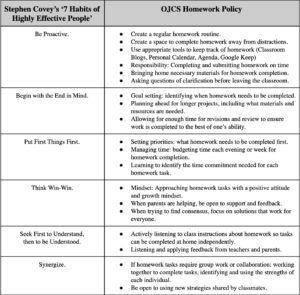
9. Implementation Strategies
And this section was – and still is blank.
Why?
Because this is the hard part! It is easy(-ish) to write out a philosophy and guidelines. Putting it into practice in a way that is consistent and clear to all? That is hard work!
This is why the task force is still moving forward! Our goal is to finalize an implementation strategy in time for it to be shared with our faculty as part of preparing for the 2019-2020 school year, along with additional information for parents. The conversations so far have been especially rich and I am looking forward to seeing how the project comes to conclusion.
Watch this space…


